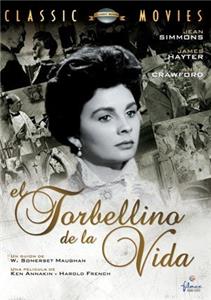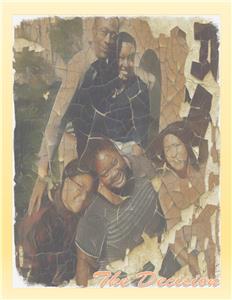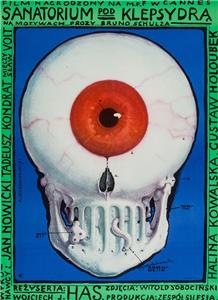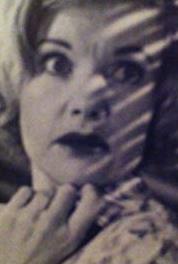Trio (1950) Online

Three short stories are introduced by author W. Somerset Maugham in the second of his anthology film trilogy. In "The Verger," a church verger of seventeen years is fired by his new straight-laced vicar when it's discovered that he cannot read or write. Forced to make life-altering decisions, the life-long bachelor proposes to his landlady and becomes an entrepreneur. In "Mr. Know-All" an obnoxiously pushy and irrepressibly boorish dealer in jewelry alienates all his fellow passengers on an ocean cruise despite his cheerful nature and generosity, but later is sensitive enough to realize that sacrificing his ego at a key moment is important to a woman's happiness. "The Sanatorium" revolves around the lives of tuberculosis patients at an exclusive Scottish sanatorium including a pair of doomed lovers who choose quality over quantity of life.
| Cast overview, first billed only: | |||
| James Hayter | - | Albert Foreman - Coach Driver (segment "The Verger") | |
| Kathleen Harrison | - | Emma Brown Foreman (segment "The Verger") | |
| Felix Aylmer | - | Bank Manager (segment "The Verger") | |
| Lana Morris | - | Gladys (segment "The Verger") | |
| Michael Hordern | - | Vicar (segment "The Verger") | |
| Glyn Houston | - | Ted (segment "The Verger") | |
| Eliot Makeham | - | Sexton (segment "The Verger") | |
| Henry Edwards | - | Church Warden (segment "The Verger") | |
| Anne Crawford | - | Mrs. Ramsey (segment "Mr. Know-All") | |
| Nigel Patrick | - | Max Kelada (segment "Mr. Know-All") | |
| Naunton Wayne | - | Mr. Ramsey (segment "Mr. Know-All") | |
| Wilfrid Hyde-White | - | Mr. Gray (segment "Mr. Know-All") | |
| Clive Morton | - | Ship's Captain (segment "Mr. Know-All") | |
| Bill Travers | - | Fellowes (segment "Mr. Know-All") (as Bill Linden-Travers) | |
| Dennis Harkin | - | Captain's steward (segment "Mr. Know-All") |
Andrew Crawford was originally going to star but dropped out before filming.





User reviews